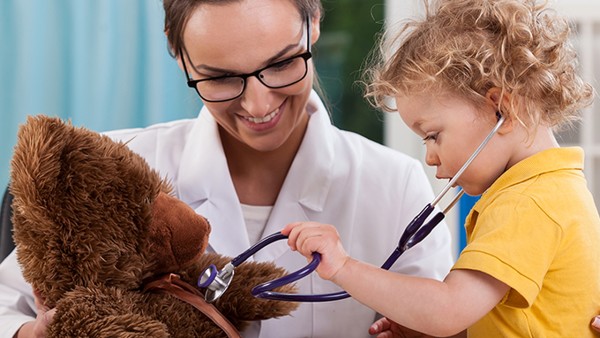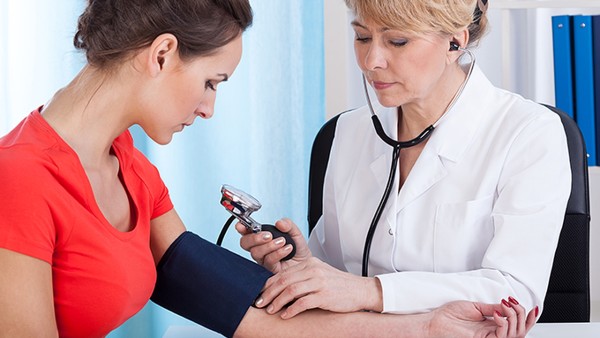How to Treat Liver Cancer in Men

Liver cancer is the third leading cause of cancer death in men in the United States. It is more common in men than in women, and the risk of developing liver cancer increases with age.
There are a number of different risk factors for liver cancer, including:
Cirrhosis: Cirrhosis is a condition in which the liver is scarred and damaged. It is the most common risk factor for liver cancer.
Hepatitis B and C: These viruses can cause inflammation and damage to the liver, which can lead to liver cancer.
Nonalcoholic fatty liver disease (NAFLD): NAFLD is a condition in which there is a buildup of fat in the liver. It is the most common chronic liver disease in the United States, and it can increase the risk of developing liver cancer.
Alcohol abuse: Alcohol abuse can damage the liver and increase the risk of developing liver cancer.
Diabetes: Diabetes is a condition in which the body does not produce enough insulin or does not use insulin well. It can increase the risk of developing liver cancer.
Obesity: Obesity is a condition in which a person is overweight or obese. It can increase the risk of developing liver cancer.
Symptoms of Liver Cancer
The symptoms of liver cancer can vary depending on the stage of the cancer. In the early stages, there may be no symptoms at all. As the cancer grows, symptoms may include:
Abdominal pain: Pain in the upper right abdomen is the most common symptom of liver cancer.
Jaundice: Jaundice is a yellowing of the skin and eyes. It is caused by a buildup of bilirubin in the blood. Bilirubin is a waste product that is produced when red blood cells are broken down.
Nausea and vomiting: Nausea and vomiting are common symptoms of liver cancer.
Weight loss: Weight loss is a common symptom of liver cancer.
Fatigue: Fatigue is a common symptom of liver cancer.
Swelling in the abdomen: Swelling in the abdomen is a common symptom of liver cancer.
Ascites: Ascites is a buildup of fluid in the abdomen. It is a common symptom of liver cancer.
Enlarged liver: An enlarged liver is a common symptom of liver cancer.
Diagnosis of Liver Cancer
Liver cancer is diagnosed with a combination of tests, including:
Physical examination: A physical examination can reveal signs of liver cancer, such as abdominal pain, jaundice, and an enlarged liver.
Blood tests: Blood tests can be used to measure the levels of bilirubin and other liver enzymes in the blood. Elevated levels of these enzymes can indicate liver cancer.
Imaging tests: Imaging tests, such as ultrasound, CT scan, and MRI, can be used to create pictures of the liver and to detect liver cancer.
Biopsy: A biopsy is a procedure in which a small sample of tissue is removed from the liver and examined under a microscope. A biopsy can confirm the diagnosis of liver cancer.
Treatment of Liver Cancer
The treatment of liver cancer depends on the stage of the cancer and the patient's overall health. Treatment options may include:
Surgery: Surgery is the most common treatment for liver cancer. The type of surgery depends on the size and location of the cancer.
Chemotherapy: Chemotherapy is a type of drug treatment that uses drugs to kill cancer cells. Chemotherapy can be used before or after surgery to treat liver cancer.
Radiation therapy: Radiation therapy is a type of treatment that uses high-energy beams of radiation to kill cancer cells. Radiation therapy can be used before or after surgery to treat liver cancer.
Targeted therapy: Targeted therapy is a type of drug treatment that uses drugs to target specific molecules that are involved in the growth and spread of cancer cells. Targeted therapy can be used to treat liver cancer.
Immunotherapy: Immunotherapy is a type of drug treatment that uses drugs to boost the body's own immune system to fight cancer cells. Immunotherapy can be used to treat liver cancer.
Prognosis for Liver Cancer
The prognosis for liver cancer depends on the stage of the cancer and the patient's overall health. The five-year survival rate for liver cancer is about 18%. However, the five-year survival rate for patients who are diagnosed with liver cancer at an early stage is about 65%.
Prevention of Liver Cancer
There is no sure way to prevent liver cancer, but there are a number of things that you can do to reduce your risk of developing the disease, including:
Get vaccinated against hepatitis B and C. Hepatitis B and C are viruses that can cause liver cancer. Getting vaccinated against these viruses can help to reduce your risk of developing liver cancer.
Limit alcohol intake. Alcohol abuse can damage the liver and increase the risk of developing liver cancer. Limiting alcohol intake can help to reduce your risk of developing liver cancer.
Maintain a healthy weight. Obesity is a risk factor for liver cancer. Maintaining a healthy weight can help to reduce your risk of developing liver cancer.
Eat a healthy diet. A healthy diet can help to reduce your risk of developing liver cancer. Eating a diet that is high in fruits, vegetables, and whole grains can help to reduce your risk of developing liver cancer.
Get regular exercise. Regular exercise can help to reduce your risk of developing liver cancer. Getting at least 30 minutes of moderate-intensity exercise most days of the week can help to reduce your risk of developing liver cancer.
The above is all the content that the editor wants to share with you. I sincerely hope that these contents can bring some help to your life and health, and I also wish that your life will be happier and happier.
Topic: #treat #to #how















